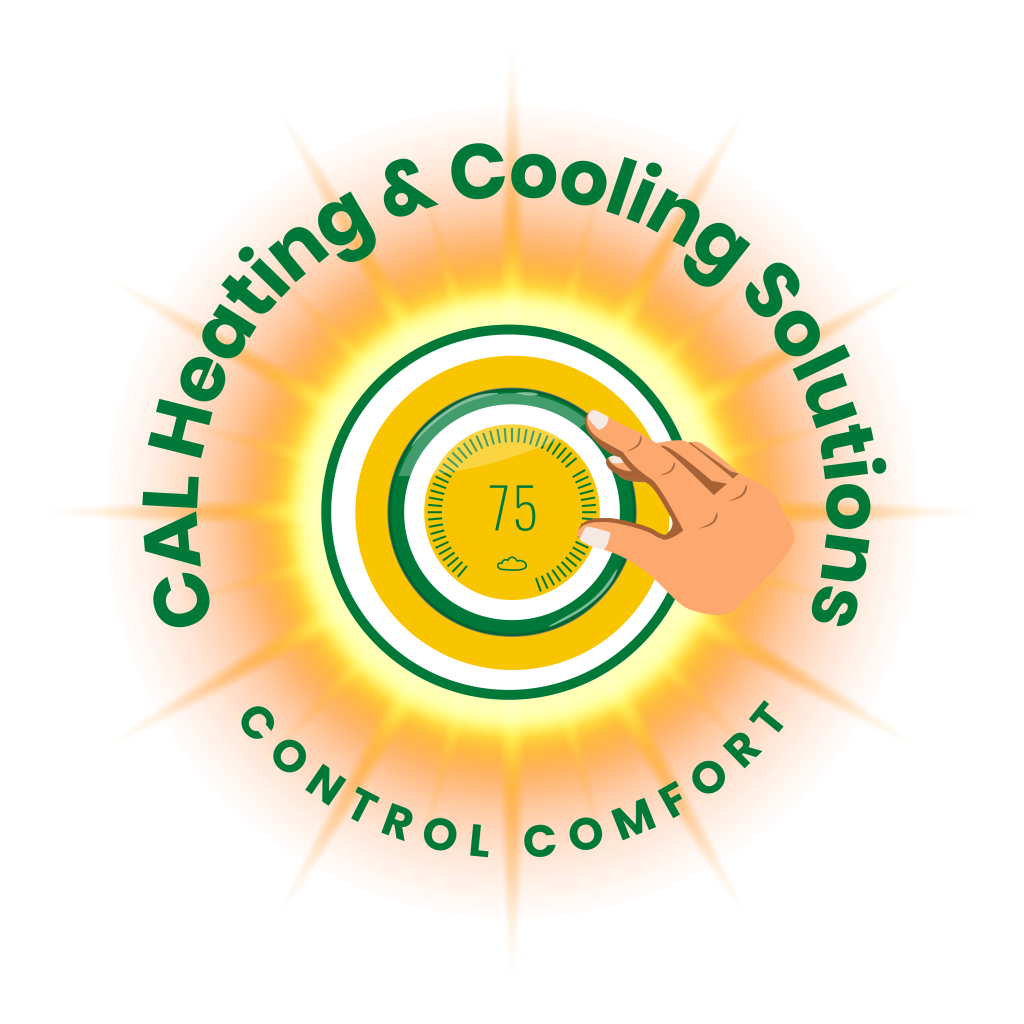- © 2025 Heating & Cooling Solutions., All Rights Reserved
Being a homeowner comes with its fair share of headaches. Beyond the usual bills, upgrades, and maintenance, there’s the problem of unexpected repairs. One issue many homeowners face at some point is water leaking from the air conditioner. What may seem like a small nuisance at first can quickly lead to serious damage like ruining ceilings, walls, and floors, not to mention the AC’s performance and efficiency. Even worse, trapped moisture creates the perfect environment for bio-growth, which can contaminate the air you breathe. Before long, your system may stop cooling properly ,or worse, stop working altogether. So, what’s really going on here? In this blog, we’ll break down the common causes of air conditioner leaks and the preventive measures you can take to avoid further damage.
Water leaking from your AC? It can be both confusing and frustrating to suddenly spot a puddle forming around your unit. While it might catch you off guard, air conditioner leaks are actually a pretty common issue. The good news is that most causes are preventable once you know what to look for. Keep reading to find out the common causes of AC leaks and what you can do about it.
One of the most common reasons for water leaking from your AC is a clogged condensate drain line. Your system naturally removes moisture from the air, which then drains through this line. But over time, algae, dirt, or debris can build up and block the passage, causing water to back up and overflow around your unit.
Maintenance Tip: Flush your drain line every few months, or have it professionally cleaned during routine HVAC service.
If you haven’t checked your air filter in a while, it could be the culprit behind your AC leak. When a filter is clogged with dust and debris, it restricts airflow. That lack of airflow can cause the evaporator coil to freeze. Once it melts, it may overwhelm the drain pan and result in water leaking from your AC.
Maintenance Tip: Check your air filter every 30 days and replace it regularly, especially during peak usage months.
Older air conditioners, especially those nearing the 10- to 15-year mark, may have a worn-out or rusted drain pan. If the pan is cracked or corroded, it can no longer hold the moisture your AC collects, and water can end up dripping onto the floor or into the ceiling.
Maintenance Tip: Have a technician inspect your drain pan annually to ensure it’s still in good condition.
Water leaking from your AC can also point to low refrigerant levels. Low refrigerant reduces pressure in your system, which can cause the evaporator coil to freeze. When it eventually thaws, you may notice puddles forming around your unit. This issue often shows up alongside poor cooling performance.
Maintenance Tip: Schedule annual HVAC checkups to test refrigerant levels and spot leaks early.
If your air conditioner is relatively new and already leaking, improper installation might be to blame. A unit that isn’t level or a poorly connected drain line can cause water to collect where it shouldn’t. Installation errors may not always be obvious at first but can lead to frustrating and costly issues down the road.
Maintenance Tip: Always hire certified HVAC professionals to install or replace your system to ensure it’s done right the first time.
In extremely humid climates, even a well-functioning AC can struggle to keep moisture in check. When humidity levels are very high, your system may pull in more water than it can handle, leading to minor leaks around the unit.
Maintenance Tip: Consider installing a whole-home dehumidifier if you live in a high-humidity area to ease the load on your AC.
Wondering how to stop AC leaks before they start? The key lies in simple, consistent maintenance. With just a few proactive steps, you can keep your system running efficiently and avoid the hassle of water damage. From cleaning components to scheduling expert checkups, here’s what you can do to keep leaks at bay and your AC performing at its best.
By taking these proactive steps, you can reduce the risk of air conditioner leaks and keep your home cool, comfortable, and dry all season long.
No matter what’s causing your AC to leak, it’s important to take care of it quickly. At CAL Heating and Cooling, we’re committed to keeping your home comfortable with fast, reliable service you can trust.
Reach out to our team today to schedule an inspection or maintenance visit. Let us help you stop leaks before they lead to bigger problems.
To stop your AC unit from leaking water, start by checking the drain pan and the drain line for blockages.
It is generally not recommended to use your air conditioner if it’s leaking water.
Water leakage can indicate underlying issues such as a clogged drain line, dirty air filter, or low refrigerant levels.
To clear a clogged AC drain line, start by turning off the air conditioner and locating the drain line, usually near the indoor unit. Then, try using a wet/dry vacuum to suck out the clog, or flush the line with water.
A leaking AC unit can be an emergency, especially if it’s a refrigerant leak, as it can affect cooling efficiency and damage internal components.
When your AC fails, heating lags, or indoor air quality drops, CAL Heating and Cooling is here with expert solutions that are fast, effective, and built around your unique needs. Rest assured, we bring a cleaner, safer environment to every home and business.

